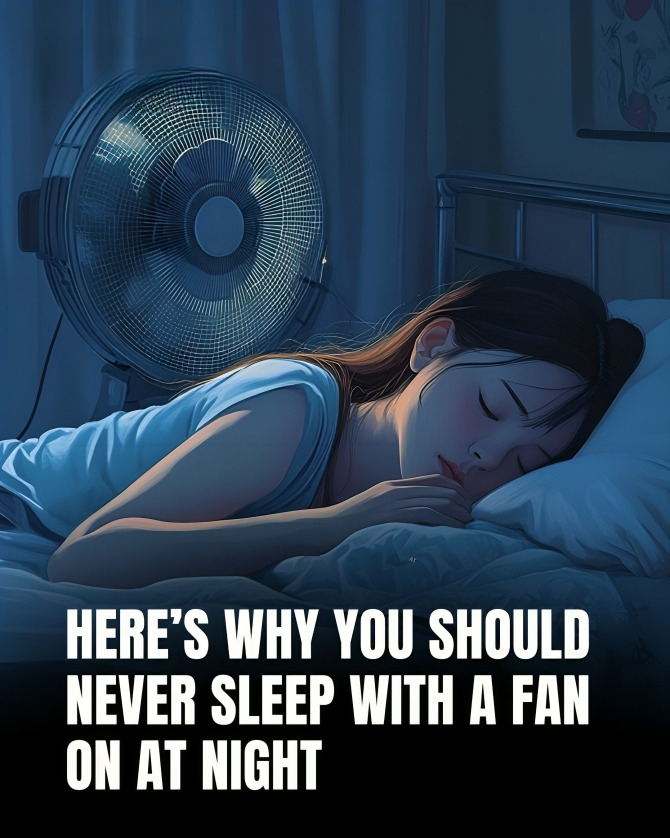Everyone has experienced the discomfort of trying to sleep in a stuffy, hot environment. It is more difficult to fall asleep, difficult to go deeper into a deep slumber, and impossible to remain comfortable during the night when sleeping in a stifling, scorching room.
If you want to sleep better on hot summer evenings, you might want to think about using a fan rather than air conditioning. A fan, though, might not be the best option, as we think it is. Even though a fan seems straightforward, it cannot offer the comfort we anticipate.
Study: New research indicates that a lower body temperature (preferably between 65 and 68°F, but as low as 60°F) in the bedroom encourages more restorative sleep. [1]
In order to help you have a deeper, more rejuvenating sleep, we’ll go over the main arguments against using a fan to keep cool in bed as well as provide a better alternative. Without your knowledge, dust mites and household allergens may accumulate over time on the ceiling fan blades. This may result in symptoms including congestion, itchy eyes, coughing, and sneezing. It is advised that the fan blades and air filter be routinely cleaned to decrease allergens and lessen typical allergy symptoms.
Is sleeping with a fan bad for you?
A lot of individuals, particularly in warmer climates or during the summer, sleep with a fan on all night long. Still, only a few people are aware of the various health hazards associated with this seemingly innocuous method of staying cool.
Even though the majority of these problems are very small and usually cause more annoyance than harm, they are significant enough to make you reconsider depending on a fan for comfort at night.
1. Heighten Allergies
Because fans move dust, pollen, pet dander, and other allergens in the air, they can exacerbate allergies and respiratory conditions. Allergies may worsen when the fan is switched on because it may release allergens that become lodged in the air filter or fan blades. Did you know that studies have linked seasonal allergies to snoring, poor sleep quality, and sleep disorders? [2]
2. Increase Sinus Irritation
Your fan’s air can dry out your mouth, throat, and nose, irritate your sinuses, and cause your body to generate too much mucus, which can cause congestion and headaches. In addition, sleeping with a fan might cause sore throats. If you’re allergic, the continual breeze could be uncomfortable for you. The continuous airflow from the fan may exacerbate your symptoms if you are already ill, making you feel worse than before.
Use a humidifier or put a glass of water next to your bed if you plan to use a fan. By doing this, you can lessen the drying effect of the fan and avoid any potential pain.
3. Result in Stiff or Sore Muscles
It’s not uncommon to wake up with sore muscles or a stiff neck, and, strangely enough, using a fan to circulate air while you sleep might actually make your muscles tense. Muscle strain can result from a fan’s nighttime continuous air circulation, particularly in areas that are immediately exposed to the airflow.
